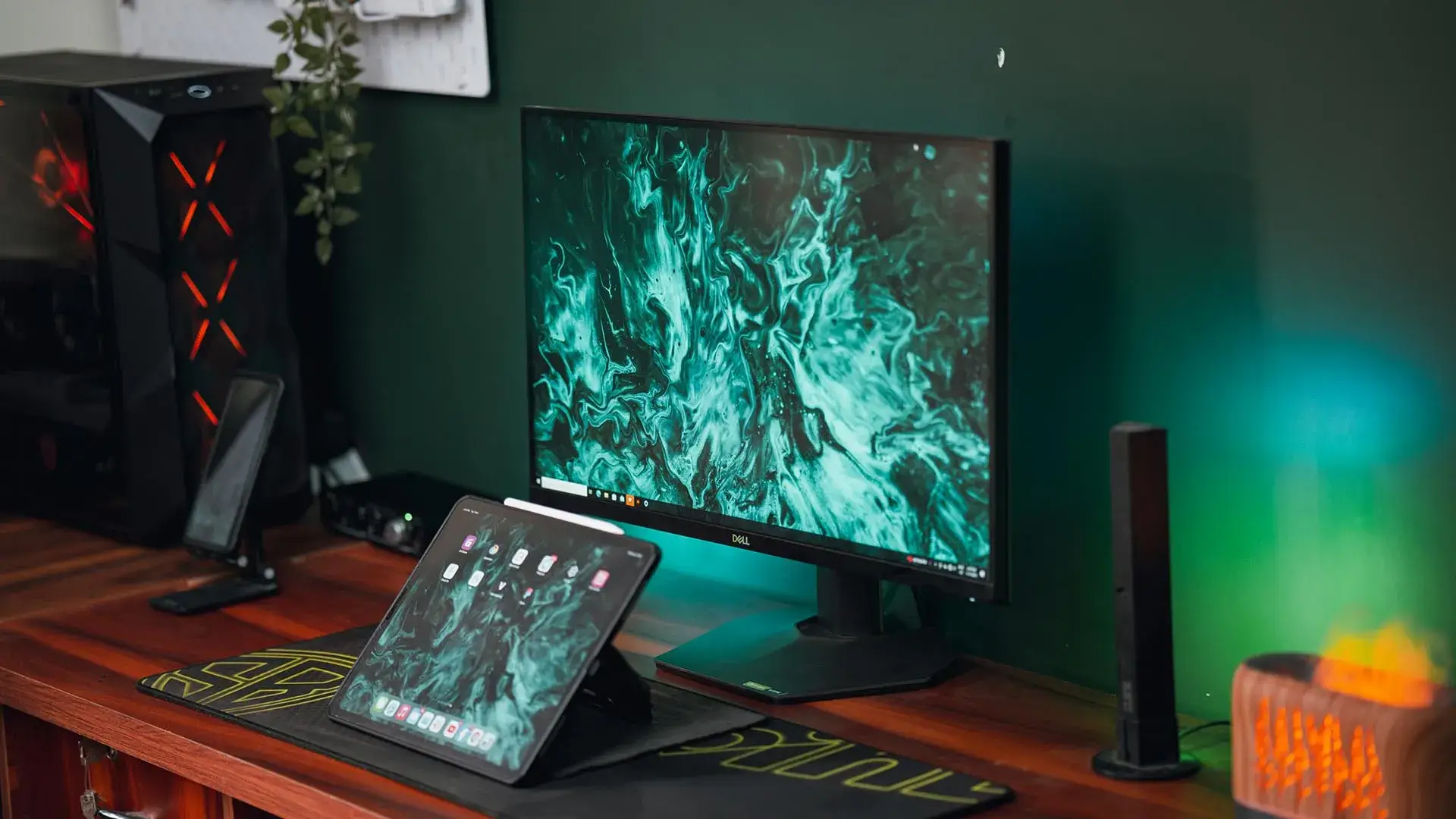Learn Docker CP Command for Effective File Management

You haven’t truly lived in DevOps until you’ve had to yank logs out of a container that’s going down in flames. That’s when docker cp becomes your best friend.
Simple. Brutal. Effective.
In this guide, we’ll cut through the noise and show you how to use docker cp like a pro — with real-world examples, edge cases, and no hand-holding. If you’re tired of shelling into containers just to grab a config file, this one’s for you.
What docker cp Actually Does
At its core, docker cp lets you copy files to and from containers — no exec, no shell, no drama.
It’s the Docker version of scp or cp, except the “remote” machine is your container’s filesystem.
Syntax
docker cp [OPTIONS] CONTAINER:SRC_PATH DEST_PATHdocker cp [OPTIONS] SRC_PATH CONTAINER:DEST_PATHNeed the fine print? Official docs are here.
Real Use Cases (You’ll Actually Run Into)
Let’s talk shop. When should you reach for docker cp?
1. Quick Debugging
Container misbehaving? Use docker cp to pull logs or config files without needing a shell.
docker cp mycontainer:/var/log/app.log ./app.log2. Saving Critical Data
Back up SQLite DBs, flat files, or anything else that lives inside the container.
docker cp mycontainer:/app/data.db ./backup/data.dbNote: If your app writes to /tmp, don’t be surprised if it disappears after a restart.
3. Hot Config Injection
Update a config file without rebuilding the image or restarting the container:
docker cp ./nginx.conf mycontainer:/etc/nginx/nginx.confdocker exec mycontainer nginx -s reloadExamples That Actually Help
Copy a File Into a Container
docker cp ./local.env mycontainer:/app/.envCopy a File Out of a Container
docker cp mycontainer:/app/logs/output.log ./output.logMove a File Between Containers (No, There’s No Magic)
Docker doesn’t support container-to-container copy directly. So do it the old-school way:
docker cp app1:/data/export.csv /tmp/export.csvdocker cp /tmp/export.csv app2:/import/export.csvIf that feels clunky — it is. For anything frequent, use volumes.
Gotchas You’ll Run Into (and How to Fix Them)
“permission denied”
docker cp won’t magically override file permissions. If you copy something into /root, and your container app runs as node, guess what? It’s not going to work.
Use bind mounts or fix permissions after the copy:
docker exec mycontainer chown node:node /app/.envPath Doesn’t Exist
If you screw up the target path — say, copying into a nonexistent directory — Docker will not helpfully create it for you. It’ll fail. As it should.
When docker cp is the Wrong Tool
- If you’re doing frequent file syncs? Use bind mounts.
- If you need data persistence? Use Docker volumes.
- If you want to avoid weird race conditions with scripts reading partially-copied files? Don’t use
docker cpmid-execution.
Example: Bind mount your code during dev:
docker run -v $PWD:/app myimageThat way, edits on the host are instantly visible inside the container.
More on Docker volumes here.
Final Thoughts
docker cp is like a crowbar. Not elegant. Not subtle. But when you need to extract data from a sealed container, nothing beats it.
Use it for:
- One-off debugging
- Quick backups
- Emergency surgery on broken containers
But don’t build your entire deployment process around it. For that, use volumes, proper orchestration, and stop pretending docker cp is a deployment strategy.
Pro tip: Set an alias. You’ll thank yourself at 3AM.
alias dcp='docker cp'Need to dig deeper into Docker CLI workflows or file sync strategies? Let’s get you there — ping me or check out the official Docker docs.
SIGNAL & INTEL
- The Private Order: Stop being a grunt. Become an Architect. Join The Private Order.



